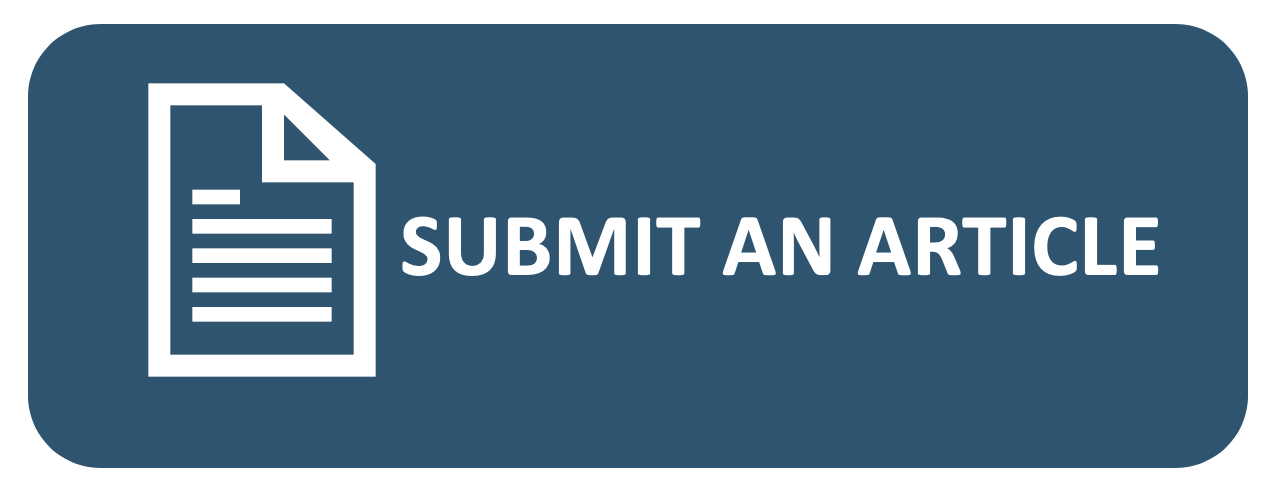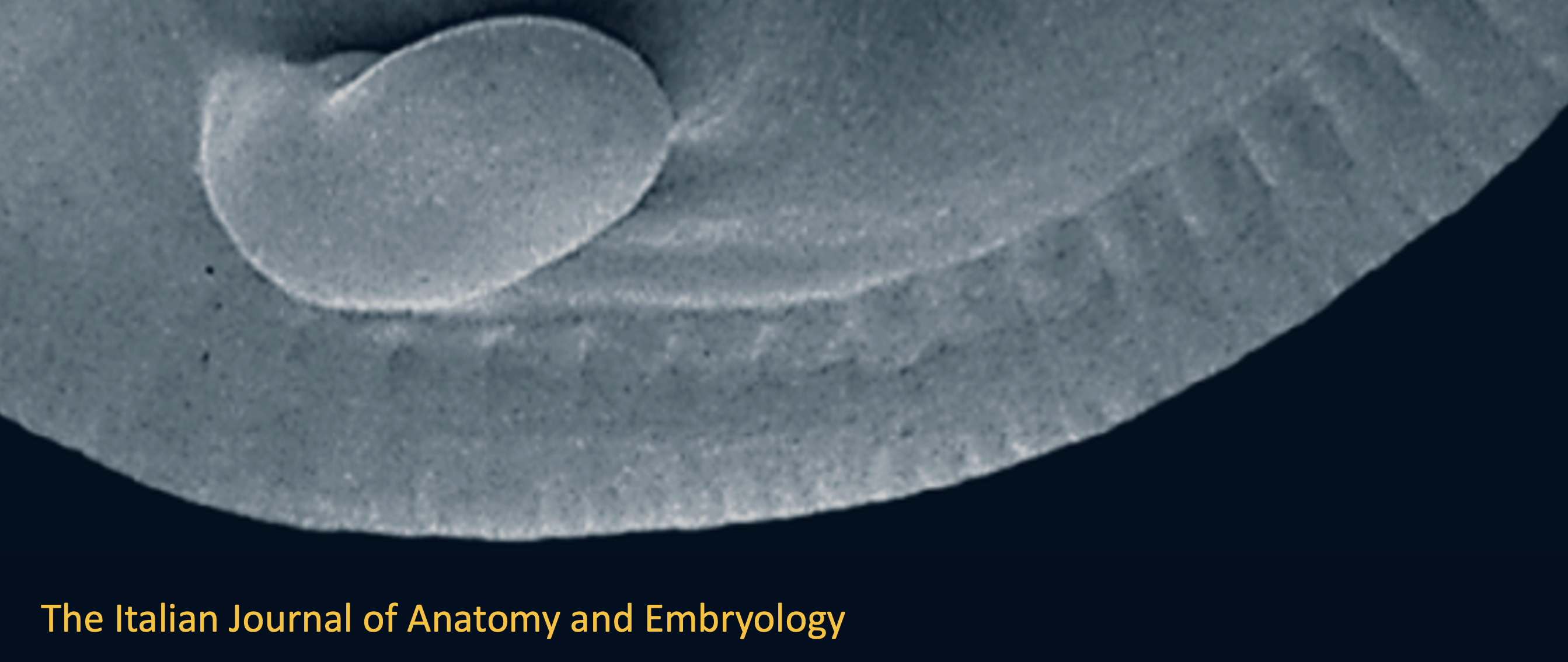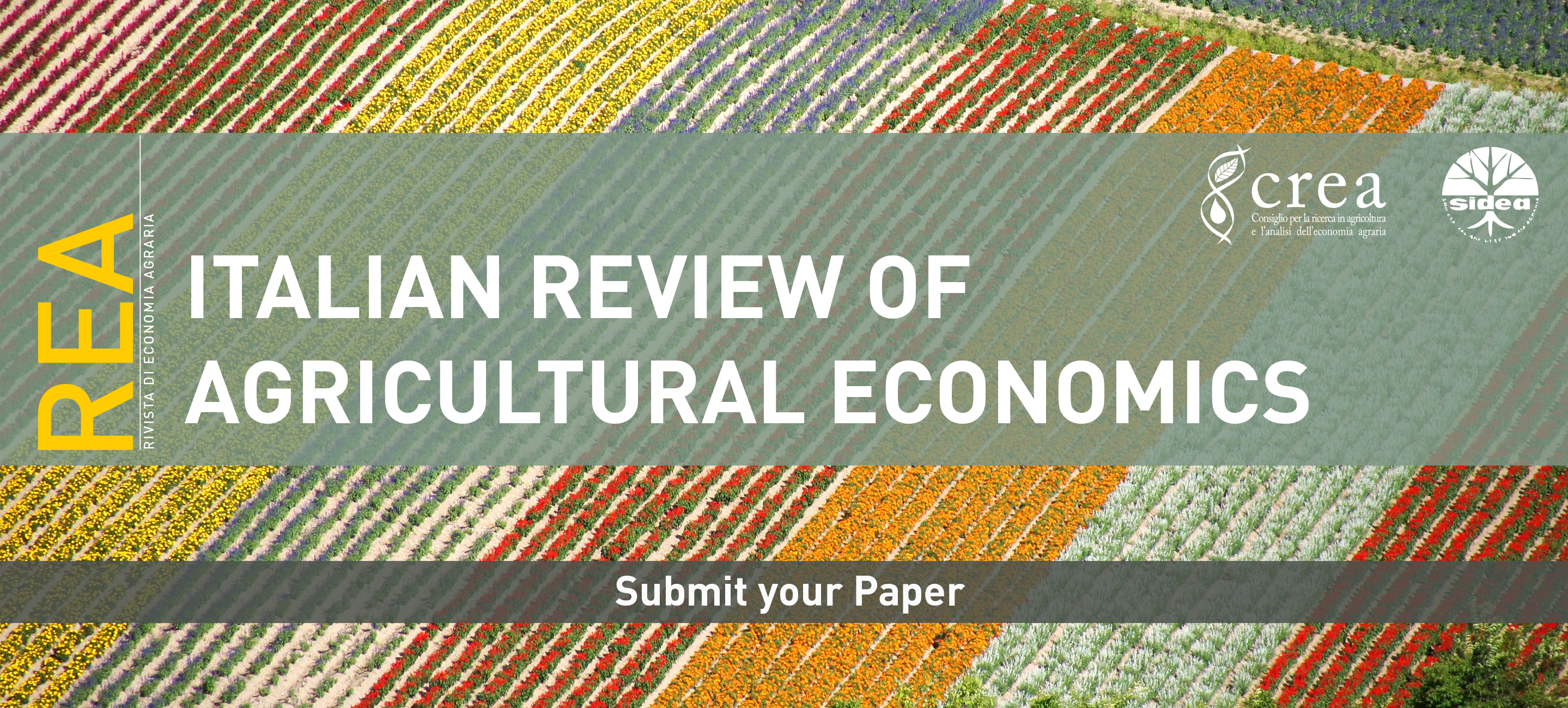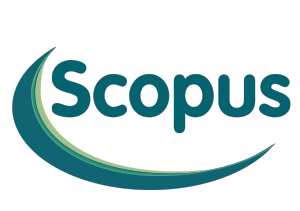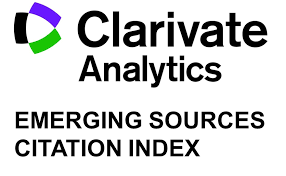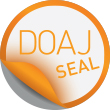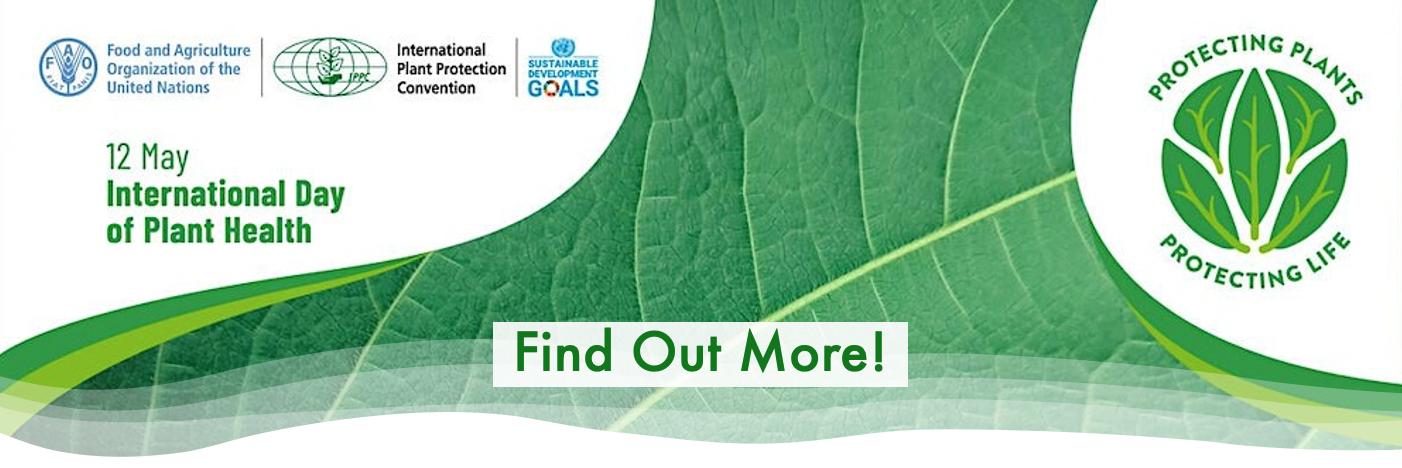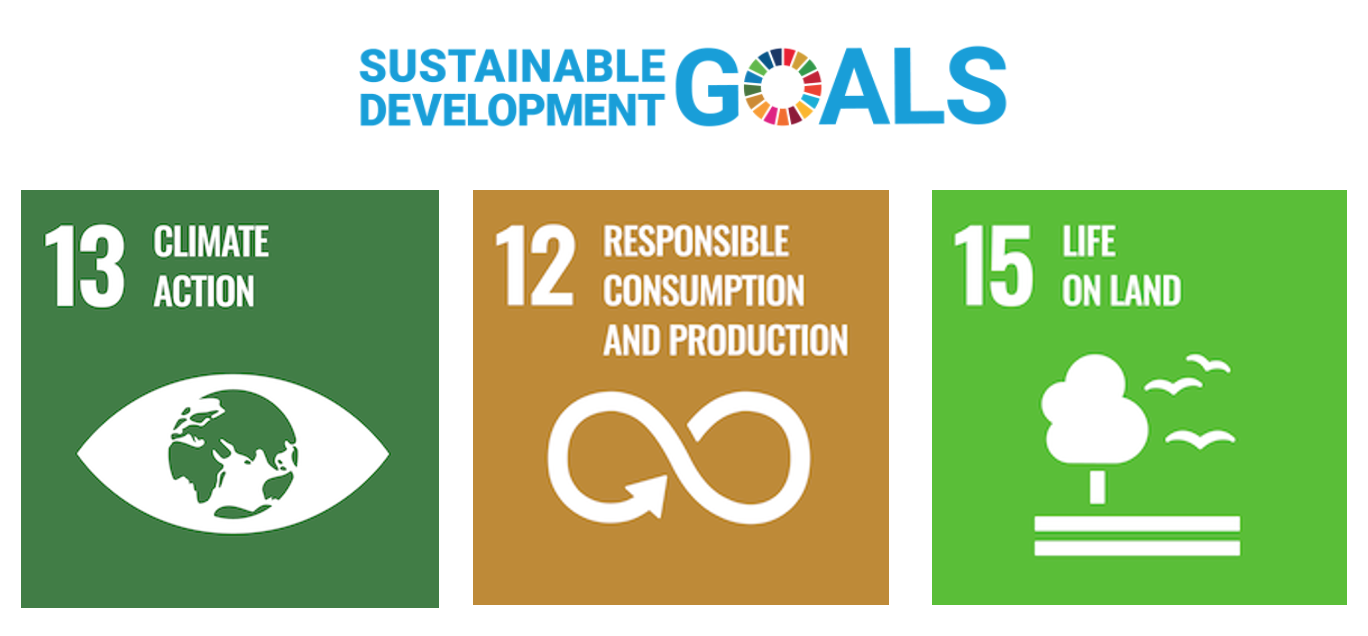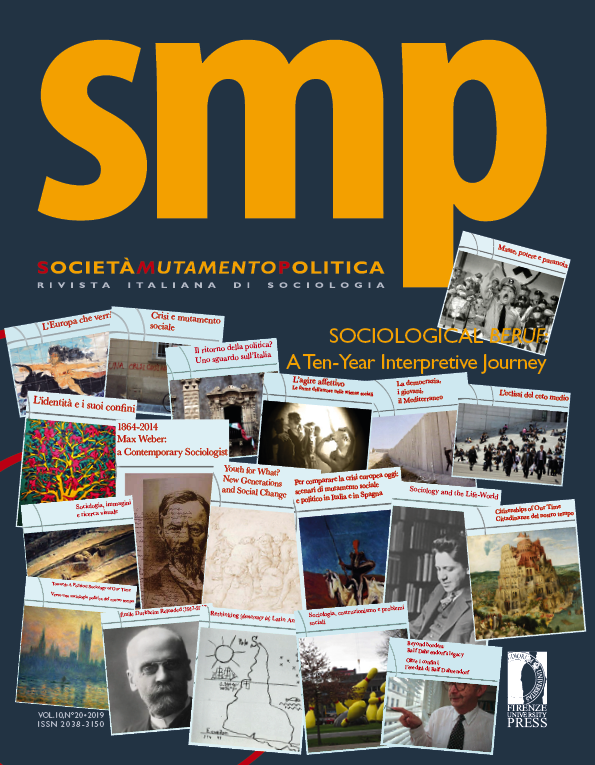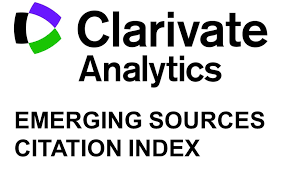Philosophy of education
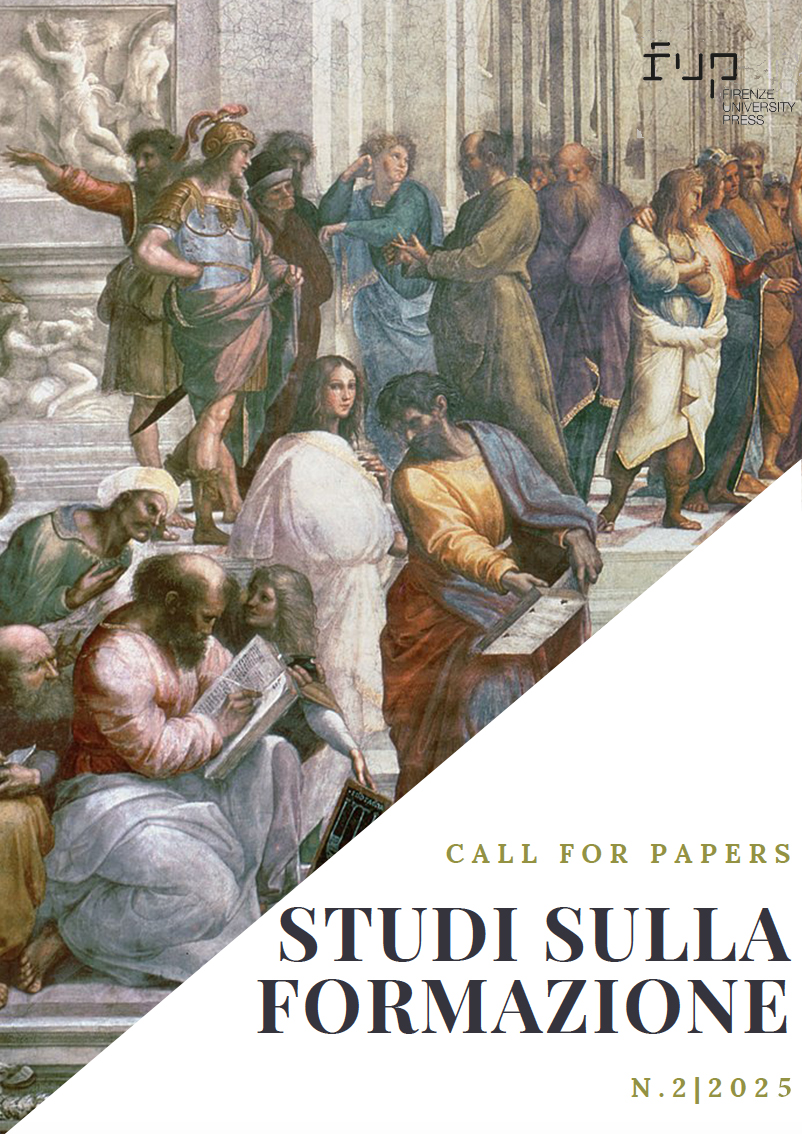
One of the specializations of philosophy is connected to the education of homo sapiens in his wealth of humanity and personal and social, or rather to the philosophy of education that already in the ancient world had brilliant interpreters and then gradually gave life to very noble models, arriving up to today: in a historical time that for various reasons puts back at the center, precisely, the problem of education to give life to an increasingly fully human civilization.
The dossier of the second edition of the journal “Studi sulla Formazione” in 2025 will develop this topic. We welcome contributions by Italian and foreign scholars, ware interested in the topic. The academic authors should communicate the title and the short abstract of the article and should send the final article (about 6.000-15.000 characters, spaces included) by September, 30th 2025 .
For further details please visit our CALL FOR PAPERS page.
Download the full call for paper in pdf (ita – eng)






